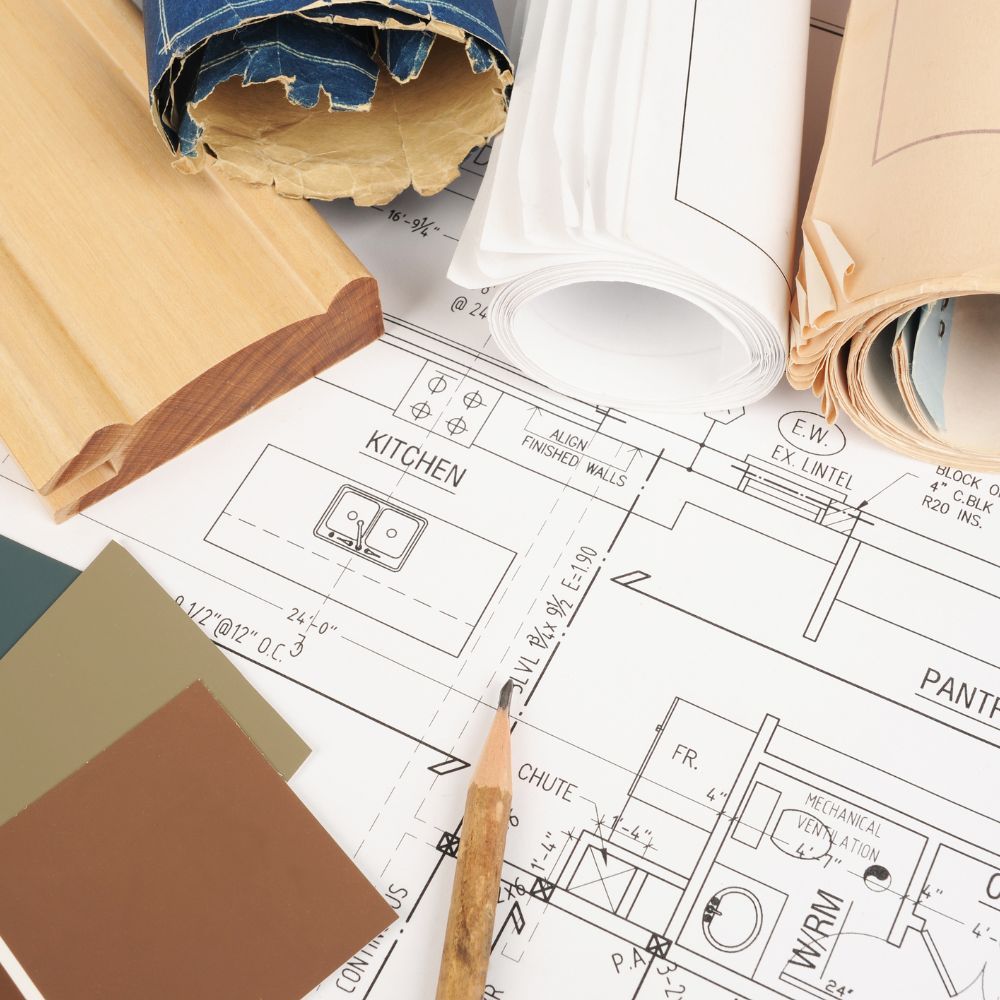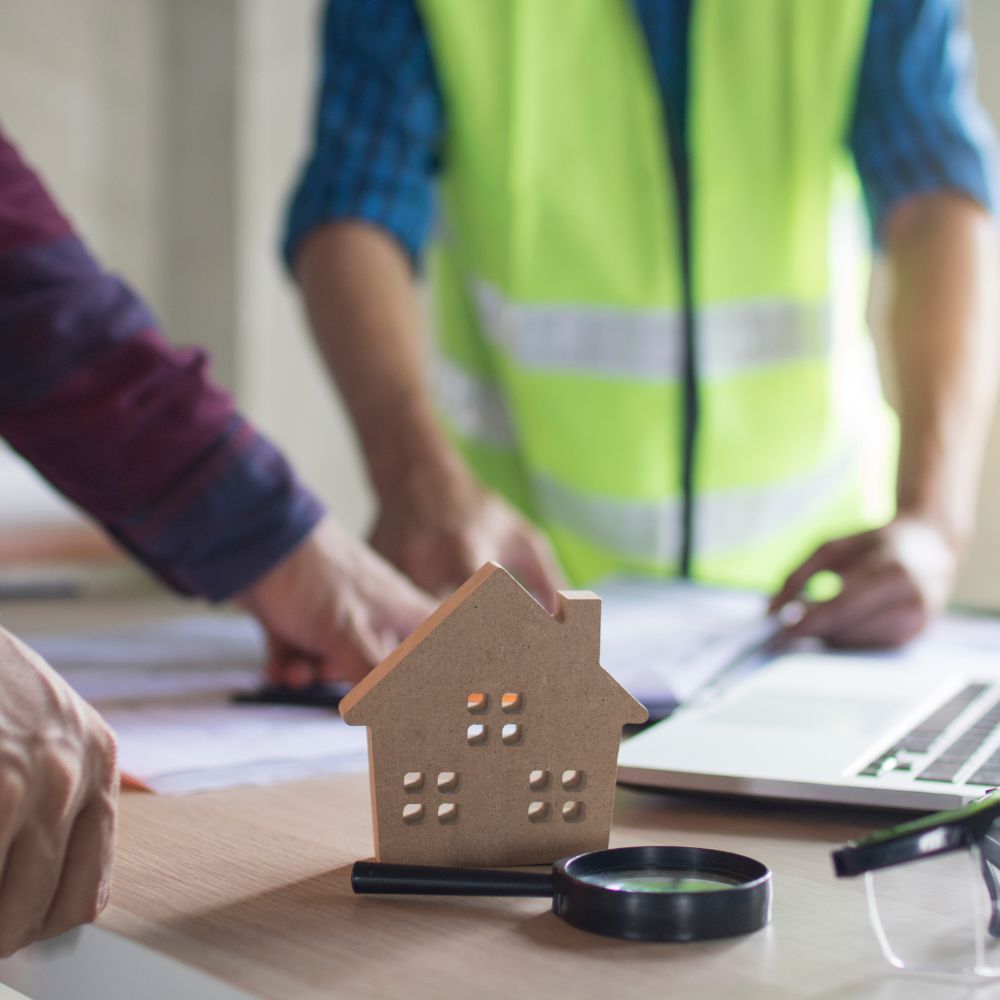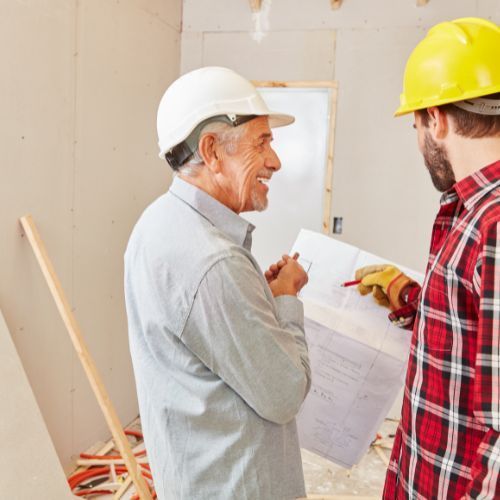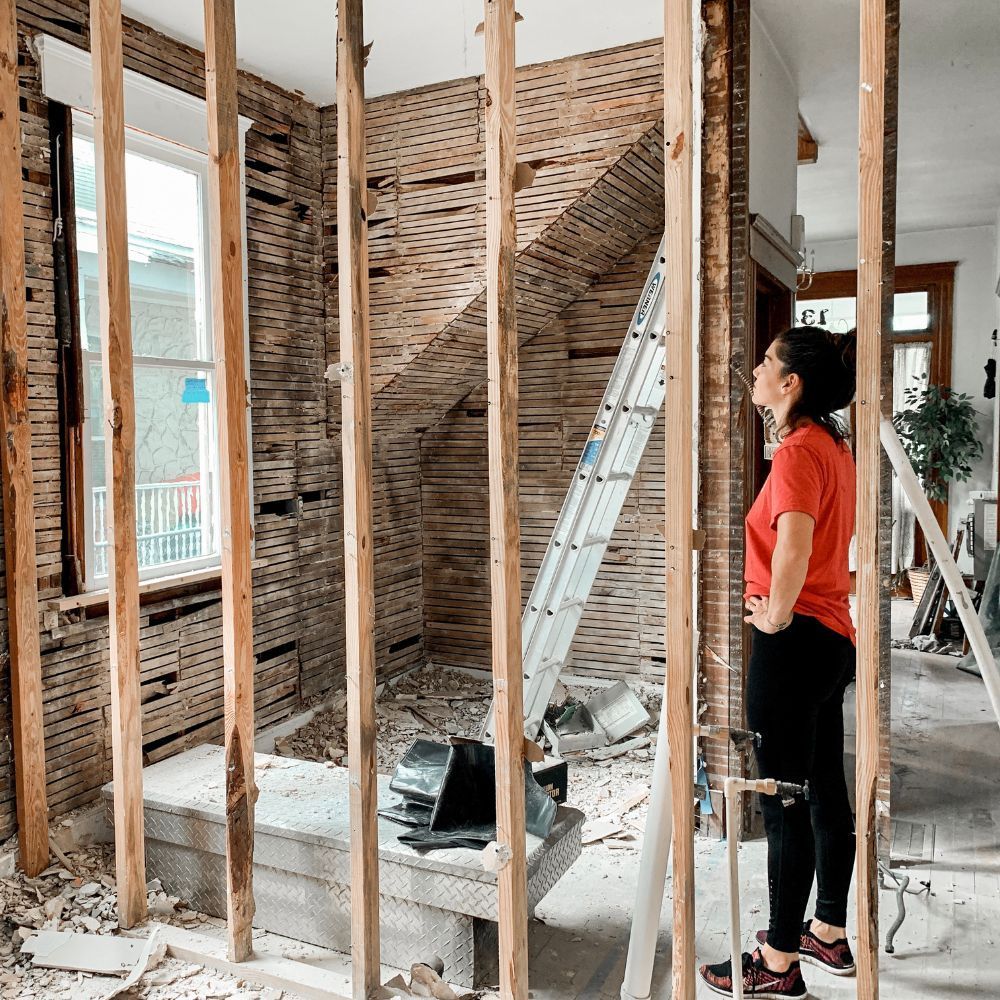What a Building Survey Can Tell You About a Property
Understanding Survey Reports and What They Reveal
Buying a property is one of the biggest financial commitments most people will ever make, and while a home may look perfect on the surface, hidden issues can be lurking beneath. A building survey provides an in-depth assessment of the condition of the property, helping buyers and homeowners make informed decisions before committing to a purchase or renovation.
A survey report is not just a formality—it can highlight potential problems, from minor maintenance concerns to serious structural issues. Understanding what is included in a building survey can save you from unexpected repair costs and ensure you know exactly what you are investing in.
What Does a Building Survey Cover?
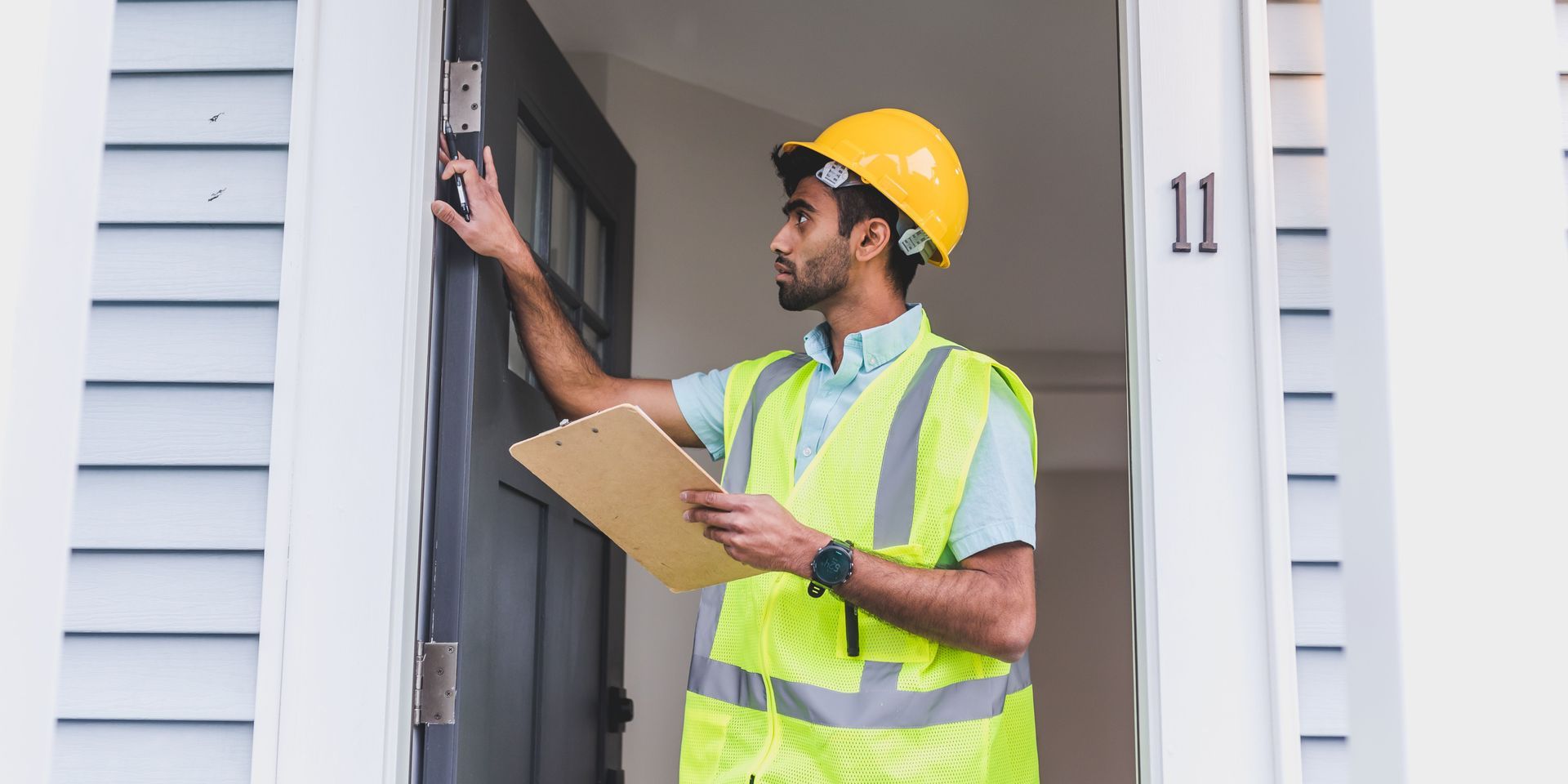
A building survey, sometimes known as a full structural survey, is the most detailed type of property inspection. It provides a comprehensive analysis of the structure of the building and condition, covering:
- Structural integrity – Identifies any signs of subsidence, cracks, or weaknesses in walls, floors, and roofs.
- Damp and moisture issues – Detects rising damp, leaks, or inadequate ventilation that could cause long-term damage.
- Roof condition – Assesses the state of tiles, flashing, gutters, and chimneys for wear or potential leaks.
- Windows and doors – Checks for rotting frames, poor insulation, and security concerns.
- Plumbing and drainage – Identifies leaks, blocked drains, or outdated pipework that may need replacement.
- Electrical systems – Notes the age and condition of wiring, fuse boxes, and sockets.
- Insulation and energy efficiency – Highlights areas where heat loss could be an issue, such as single glazing or poor loft insulation.
The survey also assesses the overall build quality, materials used, and any previous alterations or extensions that could affect the stability of the property.
Why a Building Survey Is Important

Even if a property looks well maintained, hidden problems can cost thousands to fix if left unaddressed. A survey report provides clarity on:
- Potential repair costs – Identifies necessary repairs and helps estimate the costs involved.
- Negotiation power – If issues are uncovered, buyers can renegotiate the price or request repairs before purchase.
- Future maintenance planning – Homeowners can plan for repairs and upgrades based on the survey’s findings.
- Peace of mind – Knowing the true condition of the property before buying can prevent nasty surprises later.
Understanding Your Survey Report
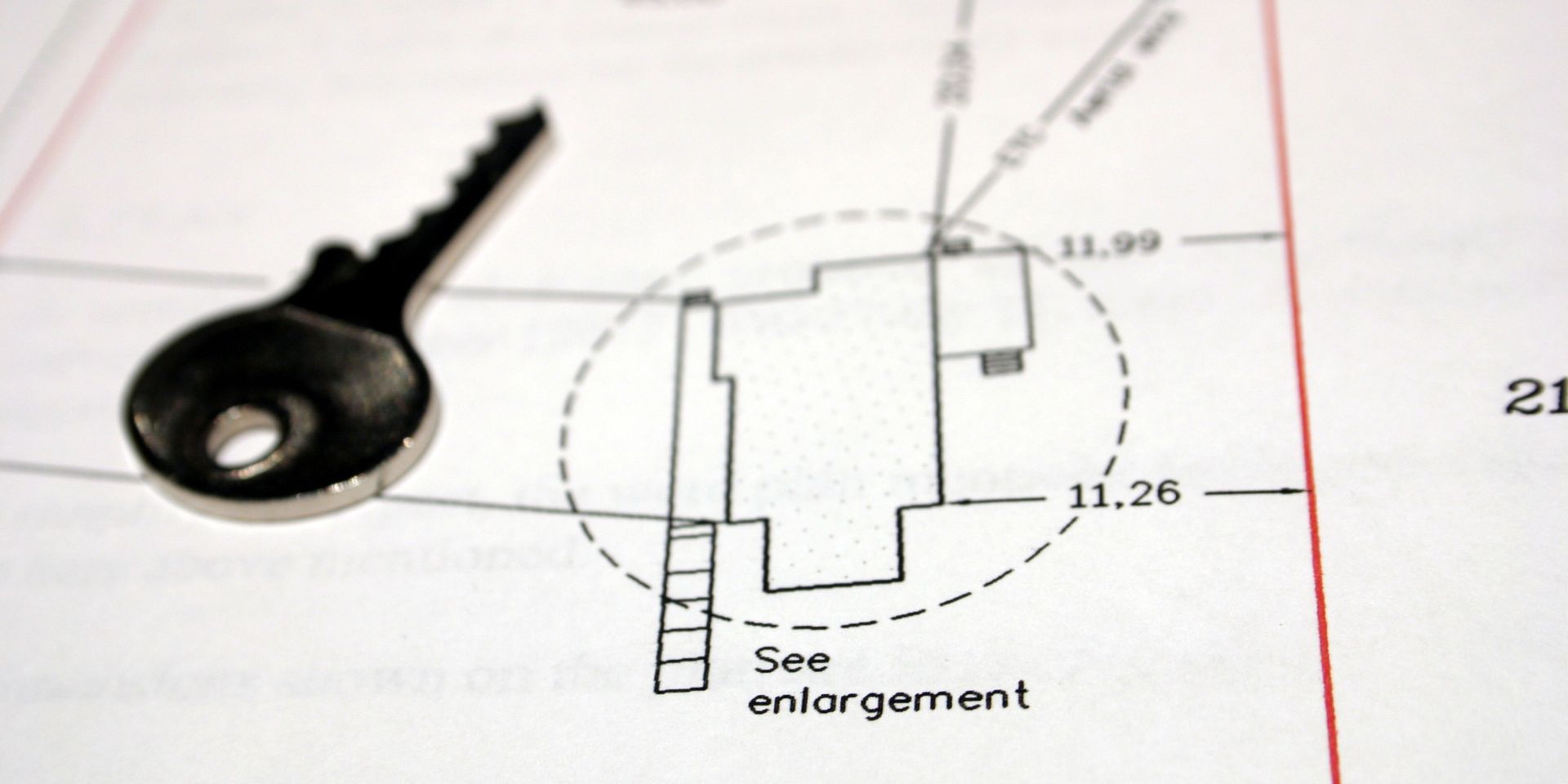
Once the survey is complete, a detailed report is provided which outlines the findings. While some issues may sound concerning, not all require immediate action. A professional surveyor can help you interpret the results and prioritise any necessary work.
Survey reports use a traffic light system to categorise findings:
- Green – No significant issues, only minor maintenance needed.
- Amber – Some concerns that may require attention but are not urgent.
- Red – Serious defects that need immediate repair or further investigation.
When Should You Get a Building Survey?

A building survey is particularly important if:
- The property is old, listed, or has unusual construction features.
- You are planning significant renovations or structural alterations.
- The building has visible cracks, damp patches, or other signs of wear.
- You want reassurance about the property’s long-term stability.
Get Expert Advice Before You Buy
A building survey is a valuable tool that helps property buyers and owners make informed decisions, ensuring there are no costly surprises after purchase. If you are considering a new home or need a detailed assessment of your current property, Nick Cobb Surveyors can provide expert advice tailored to your needs.
Find out more about our survey services at
www.nickcobbsurveyors.co.uk.

